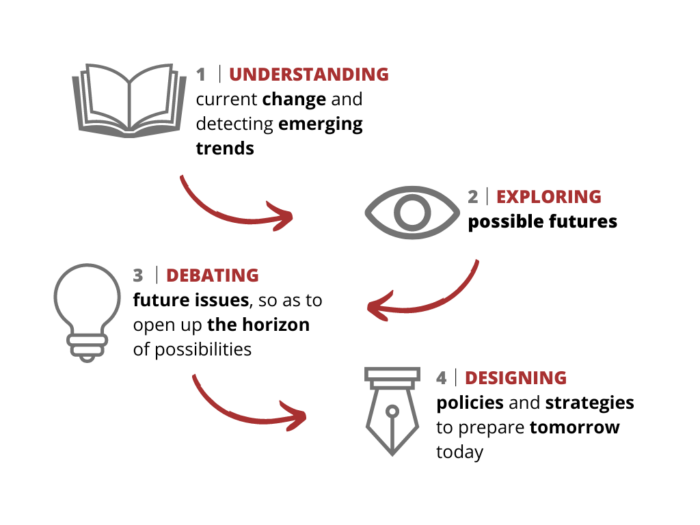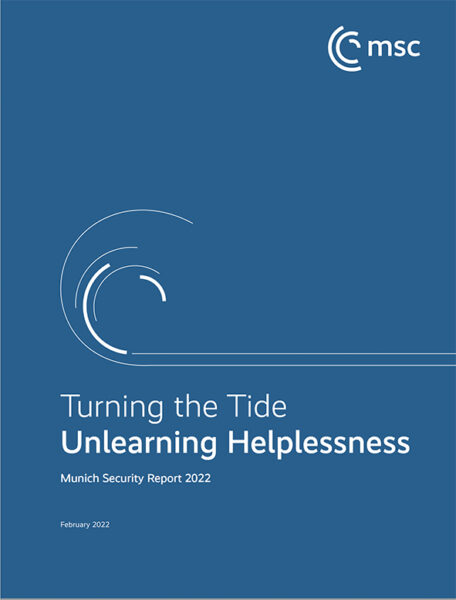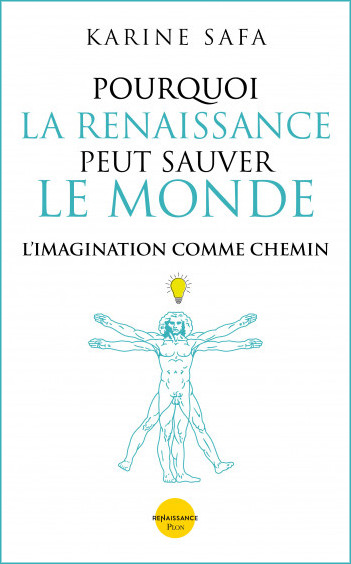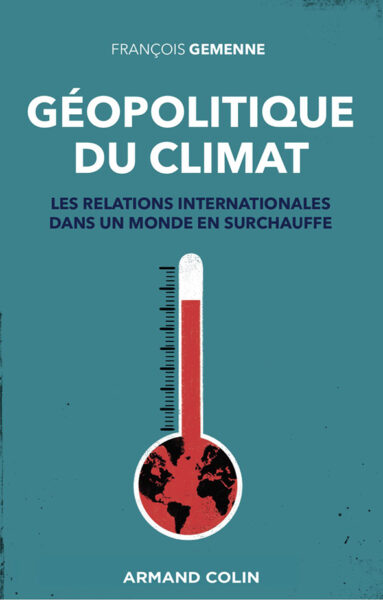When Russia went to war in Ukraine in late February 2022, it reawakened painful memories of an age when Europe was regularly beset by wars and conflict between neighbours. At a time when, thanks to the construction of the European Union and its successive enlargements to most of the continent, the Old Continent believed that it was now at peace, this reappearance of war on European soil — and on the EU’s border — is a worrying development. It also shows the vulnerabilities that remain within the EU, both in terms of military defence and energy dependence. With regard to these two aspects, the Russo-Ukrainian conflict might well encourage the countries of Europe to take a further step towards political integration, a move already advocated by Victor Hugo in the mid-19th century, when he called on European countries to come together in a ‘higher unity’, both economically and politically. Hugo, already arguing for a form of federalism, was ultimately, two or three wars later, to find 20th-century followers in the shape of the founding fathers of the European Community (Robert Schuman and Jean Monnet in particular). This is recalled here in this ‘Future of Yesteryear’ article by Pierre Papon, in which he cites long extracts from the founding speeches that led to Europe building itself, slowly and incrementally, through economic interdependence. With genuine political integration perhaps in prospect at a later stage…
The Long March towards the European Union: From Victor Hugo’s ‘United States of Europe’ to the Treaties of Rome
Cet article fait partie de la revue Futuribles n° 449, juil.-août 2022



